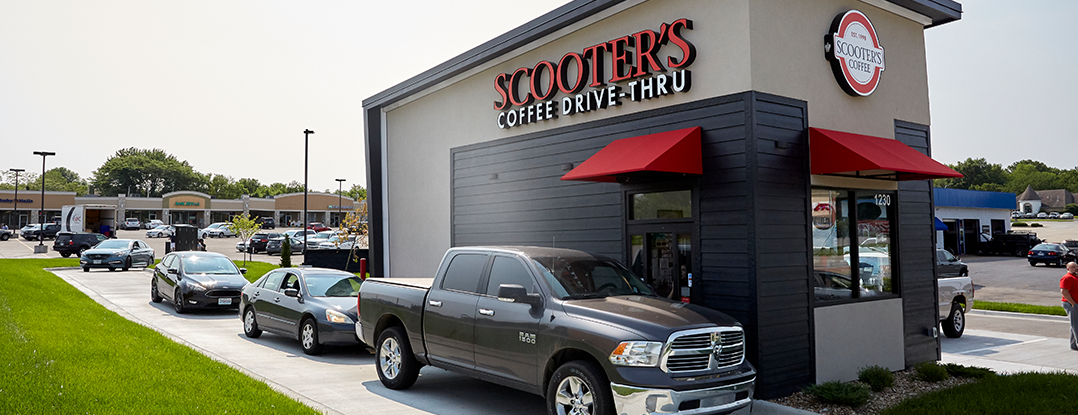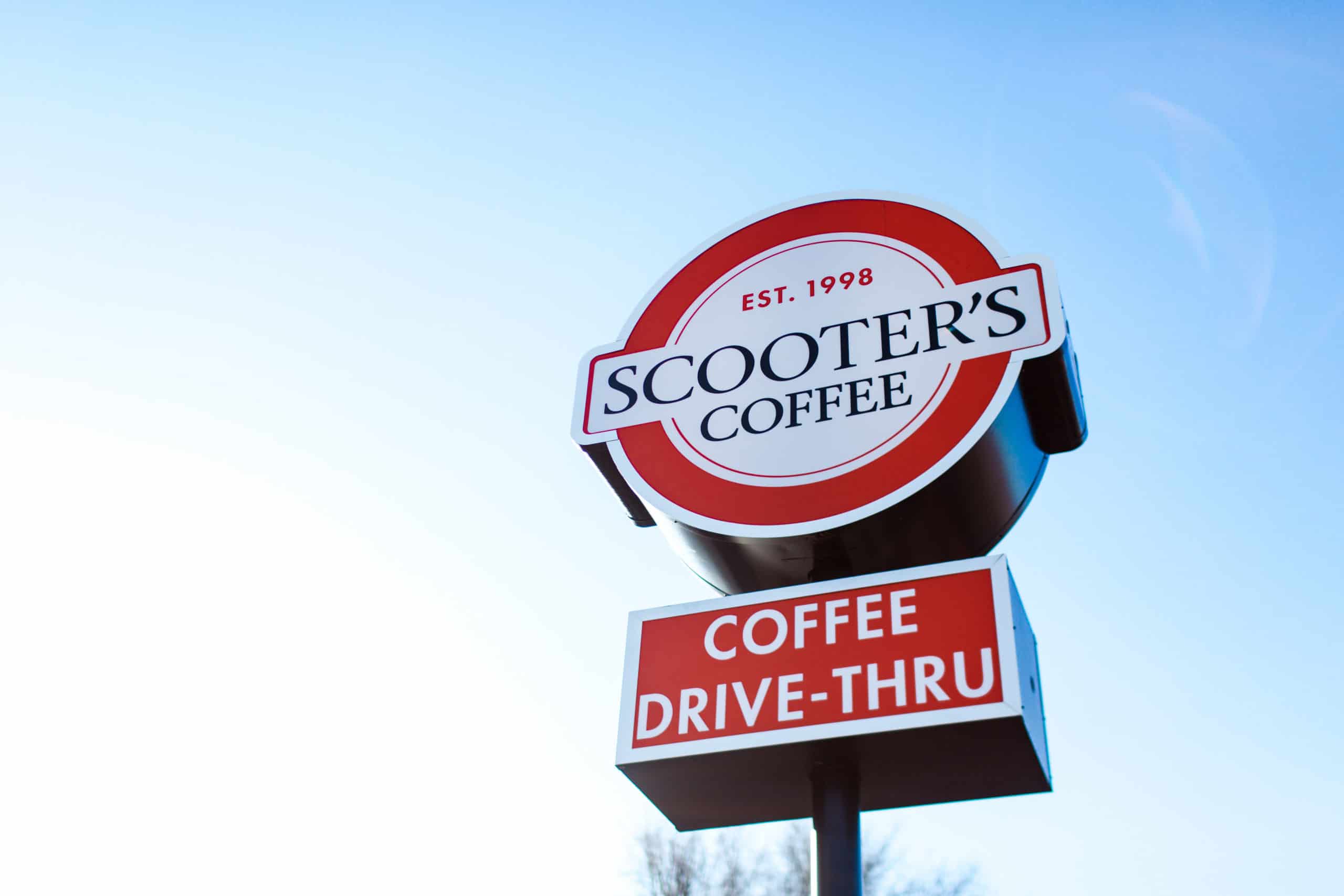

The average consumer or someone new to foodservice may think of “food safety” in terms of keeping, for instance, raw chicken away from serveware. They may not even have thought about the importance of food safety in a coffee shop. Even if there is no food menu in a coffeehouse, coffee roasting and service itself requires close attention to food safety. Bad reviews on Yelp from people who got food poisoning can drop goodwill about an otherwise amazing coffee experience down to a one-star tragedy.
While a coffeehouse possibly might not handle, say, raw fish, what about that staffer who failed to adequately wash a mug that a previous patron with the flu just used? And did an employee just handle a customer’s money and then touch the lip of the “clean” cup she’s filling? It’s enough to make a patron really sick and make the owner’s skin crawl with worry.
Ignoring close attention to food safety is done at great risk, not just to the health of patrons but to the reputation of the coffeehouse. A foodborne illness gets people’s attention — negatively — and the ill will can soon spread by word of mouth, especially on social media.
Anyone operating a coffee business should become educated in general restaurant food safety practices. Fortunately, myriad resources are available to get owners, management, and staff up to speed. Also, technological advances have greatly improved food safety management.
Comprehensive training on food safety is well beyond the scope of this brief writing; for now, be aware that there is much highly-detailed work to be done to meet the standards from day to day. Some basics bear focus and attention. Any operation serving food and drink should heed the four C’s: Clean, Cook, Chill, and avoid Cross-Contamination. For the kind of deep-dive necessary into how to carry that out, it’s best to secure professional training for the staff.
Coffee itself is, in fact, a low-risk food item, but with the proliferation of coffee-centric businesses, in 2011 FDA established the Food Safety Modernization Act (FSMA), which requires food safety plans for foodservice operations including any business roasting coffee.
It’s hard to go wrong if staff are trained in a deep, thorough certification platform such as the ServSafe program —that will cover national standards. But an operator will also have to bone up on state regulations and make sure staff are trained on those, too.
How much overhead and effort it requires to ensure food safety depends on the operation. We all know time is money. An independent coffeehouse operator starting out may have a lot of research to do to determine what is required, though consulting with the local health inspector will help keep the plan on track. Maintaining the plan is not just day-by-day effort but minute-by-minute, and that requires thorough training of staff, use of proper equipment, and keeping up with a checklist of food safety measures.
On the other hand, opening a location of a successful franchise brand means immediate access to established, effective sanitation and food safety practices, and training on how to implement and maintain a safe environment. Being a franchisee also brings with it the franchise brand’s pipeline to the equipment and products needed to keep in step with food safety standards, through its relationships with vendors. This helps reduce the ultimate cost for the franchisee; while locking food safety into a proven system — reducing the likelihood of contamination and bad press and increasing the owner’s peace of mind.